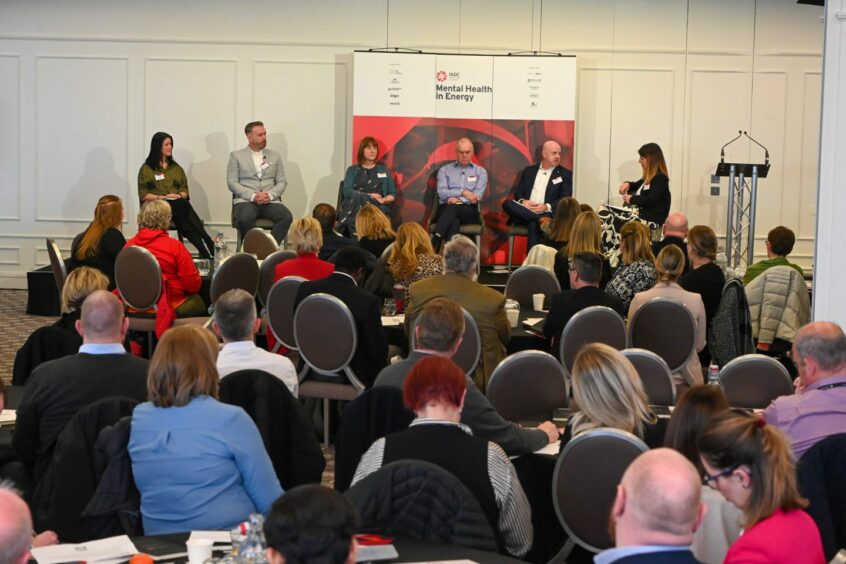
The International Association of Drilling Contractors (IADC) is seeking to establish a new charter to support offshore workers wrestling with mental health issues.
The IADC hosted an event on Tuesday, in collaboration with Energy Voice, with more than 200 industry professionals rallying to answer the call for action on the matter.
Held at the Granite City’s Chester Hotel the event engaged the sector, questioning how the industry treats mental health and what should be in place to raise standards.
Top-down cultural change on mental health offshore
The IADC has already called for a “top-down driven cultural change” which has led to the work being done to bring about the mental health charter.
This followed a study from his organisation that found 40% of offshore workers had experienced suicidal thoughts while on duty.
Chairman of IADC’s North Sea chapter Darren Sutherland, delivered the keynote speech saying there was a “positive buzz around what we’re trying to achieve.”
Mr Sutherland kicked off proceedings by asking those in attendance “How do we establish a culture of change?”
The IADC chairman spoke about the proposed mental health charter and the energy generated by the event.
Those who attended the event will be receiving a copy of the charter once it is published and an activation tool kit to help them implement the procedures outlined in it.
Following the keynote, Kirstin Gove, head of communications for Global Underwater Hub, moderated a panel discussion.
This welcomed to the stage, Mr Sutherland, chaplain to the UK oil and gas industry, Gordon Craig, mental health practitioner, Cami Rose Alexander, mental health harm prevention and psychological safety specialist, Brett Townsley, and head of people and culture at Ithaca Energy, Kim Woolner.
In this discussion, Ms Alexander explained that the industry needs to ditch the ‘leave your problems at the door’ mentality and “reconnect with our humanity.”
Mr Townsley reinforced this by asking the audience how they were doing, to which he got a resounding “good”.
However, he pointed out that one in three people suffer from mental health issues and said that what was being showcased in the room was happening on North Sea installations.
Mr Townsley explained how workers may feel: “Inside I’m dying but I’ll tell you I’m great!”
Reverend Gordon Craig shared his views on how the industry being male-dominated has perpetuated a stigma against speaking about mental health.
The views of the Reverend were shared by his fellow panellists and some of the delegates, as the sentiment was echoed throughout the event.
Following the panel discussion, delegates participated in a workshop in which they provided their opinions on key talking points in managing mental health within the offshore community.
Simon Walker, occupational health and hygiene manager for Stork, said: “There needs to be a uniform approach, in our industry we are often fragmented.”
Sitting next to Mr Walker, Richard Reid, general manager for Sparrows, added: “A top-down approach isn’t right, everyone needs to be involved.
“The best things come about when you empower the workforce.”
However, at the next table over, Gillian Nicol, global business development director at UnitedHealthcare Global argued: “An initiative has to come from the top down to drive clarity.”
Ms Nicol explained that “it can be lonely offshore” and that firms should encourage interaction between people at every stage of an offshore trip, she also proposed a “buddy system.”
Ithaca’s Ms Woolner shared the views of the reverend on overcoming the “blokey” mentality of the industry:
Rounding out four hours of engaging discussion on mental health in the North Sea, Mr Sutherland delivered a closing statement.
The IADC chairman said that he was “really appreciative” of the turnout and engagement at the Chester Hotel. He said that “everybody sat down and engaged in conversation.”
This event is just the beginning for the mental health charter, as “this is not an overnight fix,” Mr Sutherland explained, but “we are going in the right direction.”
The information and views shared at the event in the north-east will inform a “roadmap” as the IADC looks to put together its voluntary charter.
Paula Smith, regional head of people and organisation UK/KL for event sponsor Aker Solutions, explained what the aim of the session was and what the next steps are:
Recommended for you


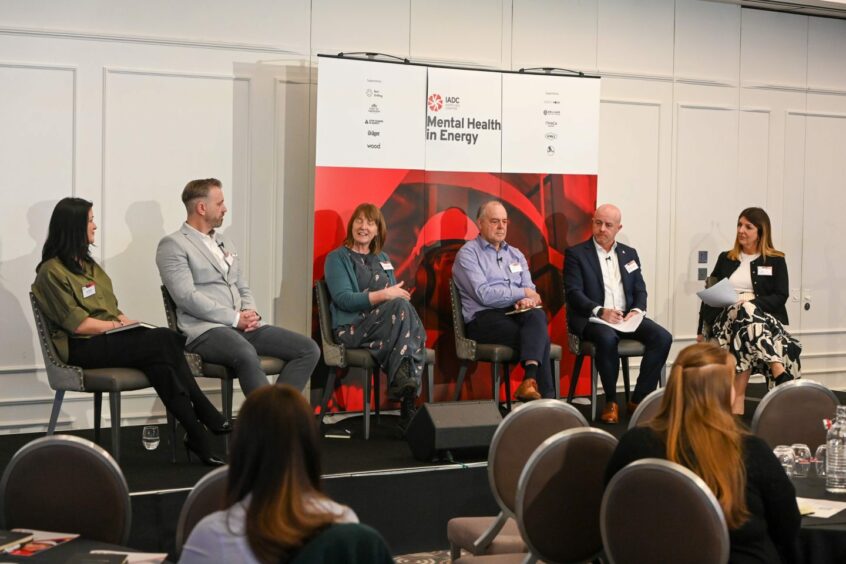 © Supplied by Kenny Elrick/DC Thom
© Supplied by Kenny Elrick/DC Thom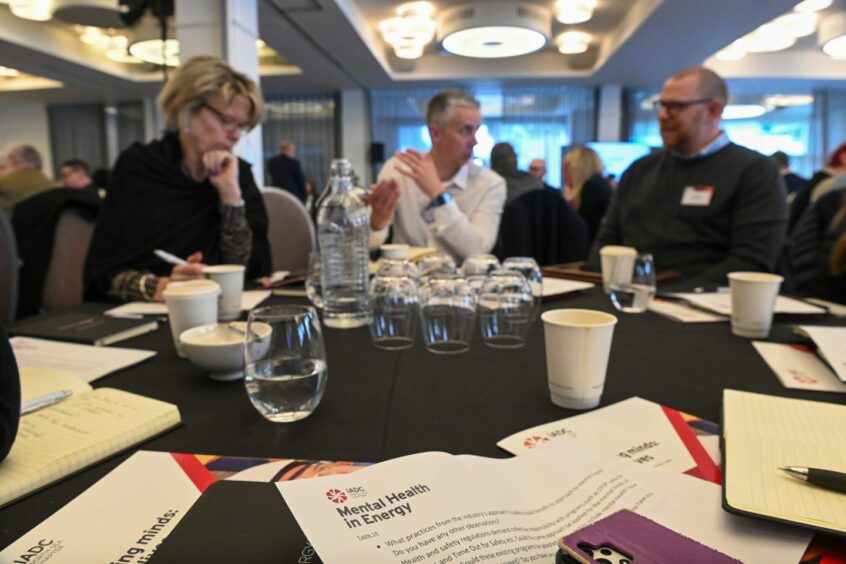 © Supplied by Kenny Elrick/DC Thom
© Supplied by Kenny Elrick/DC Thom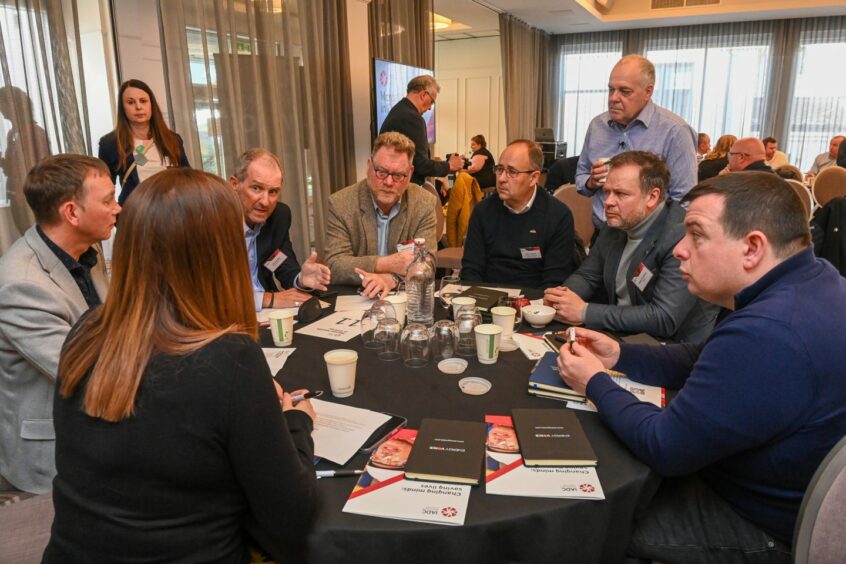
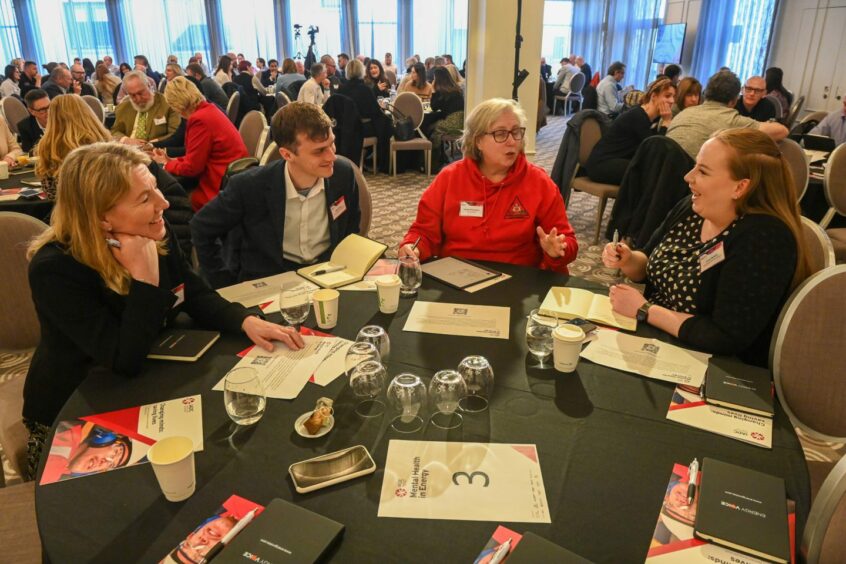
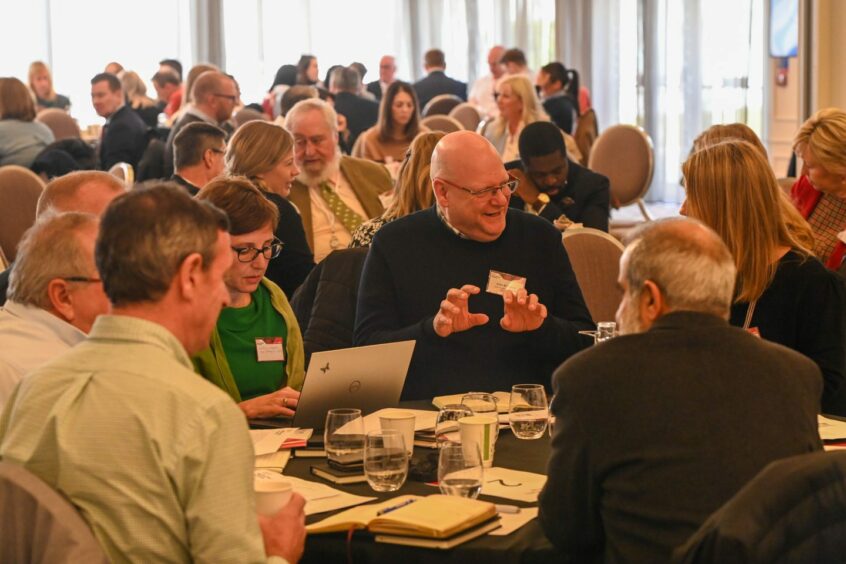
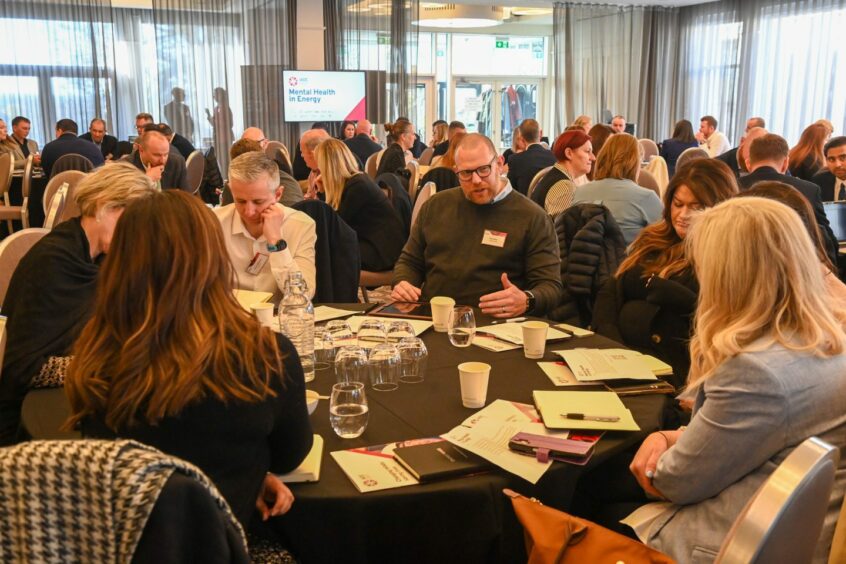
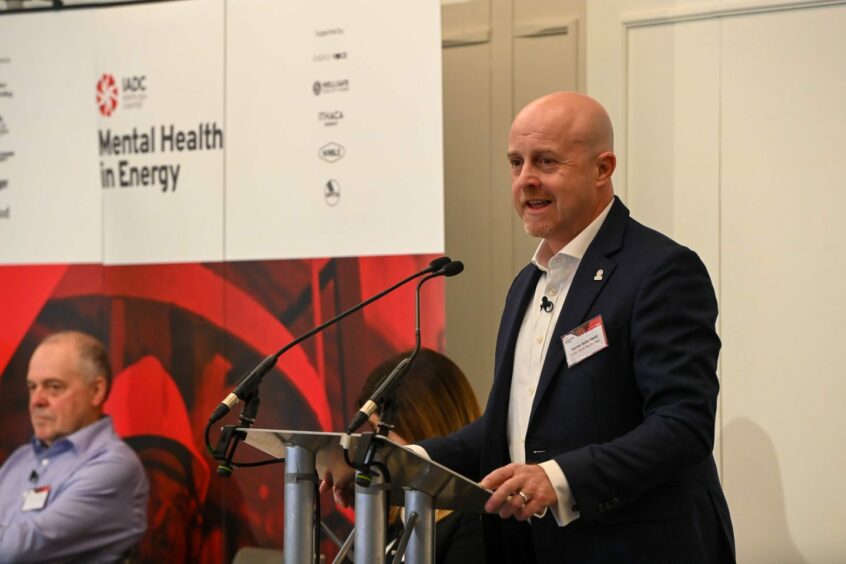 © Supplied by Kenny Elrick/DC Thom
© Supplied by Kenny Elrick/DC Thom